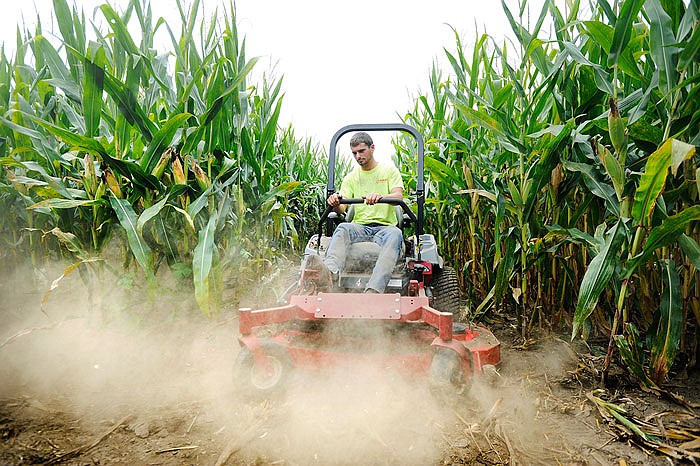Family Farm Action and Organization for Competitive Markets called for legislative action to improve the lives of family farmers and rural residents at a Tuesday presentation at the Capitol, which centered around OCM's recently released report, Consolidation and the American Family Farm - Missouri.
OCM reported Missouri's rural poverty rate has grown to 30.9 percent higher than that of urban areas. This comes with a 55 percent decrease in net farm incomes since 2013. OCM said farmers are selling their products for diminishing prices not reflected by the cost of food in grocery stores. The report points to major agribusiness corporations' and international entities' increasing control of American agriculture for stifling markets and causing a rapid decline in small family farms.
To combat these challenges, the farm organizations proposed the state legislature consider banning foreign ownership of United States farm land, which is currently limited to 1 percent of the state's agricultural land; reinstating a country of origin label requirement for meat products, similar to the Country of Origin Labeling requirements repealed by the U.S. Congress in 2015; increasing transparency in farm contracts to raise awareness of the presence of internationally controlled companies in American agriculture; and strengthening focus on local and regional food systems to keep money within area communities rather than major corporations and foreign companies.
Joe Maxwell, OCM executive director and former Missouri lieutenant governor, said the Legislature's focus on promoting agricultural efficiency through advancing major agribusinesses over supporting local farmers and regional development has helped to create a climate in which the small family farmer is at a severe disadvantage from large corporate operations. As a result, more small farm operators have been forced to seek additional income elsewhere.
The report shows three of five residential farm operators do not consider farming their primary occupation, while corporate farms have increased by 6 percent from 1997-2012. The report indicates this trend toward large farms is likely to continue, putting young farmers at increased risk of financial difficulties. The number of African-American farmers is also diminishing, with only 239 black farmers reported in the 2012 Census, verses almost 5,000 in 1900.
Horizontal and vertical considation among major businesses further advances big businesses' control over markets like seed, chemicals and meat. In 2017, 62 percent of agri-chemical market was controled by top firms. If the U.S. Department of Justice allows the corporations Bayer and Monsanto to merge, the top-tier share of the market would increase to 82 percent.
Maxwell said young farmers can help preserve the family farm industry by being active in their local and state legislature and diversifying their operations to include crops that can be sold in local and regional marketplaces.
Have a question about this article? Have something to add? Send an email to reporter Allen Fennewald at [email protected].

